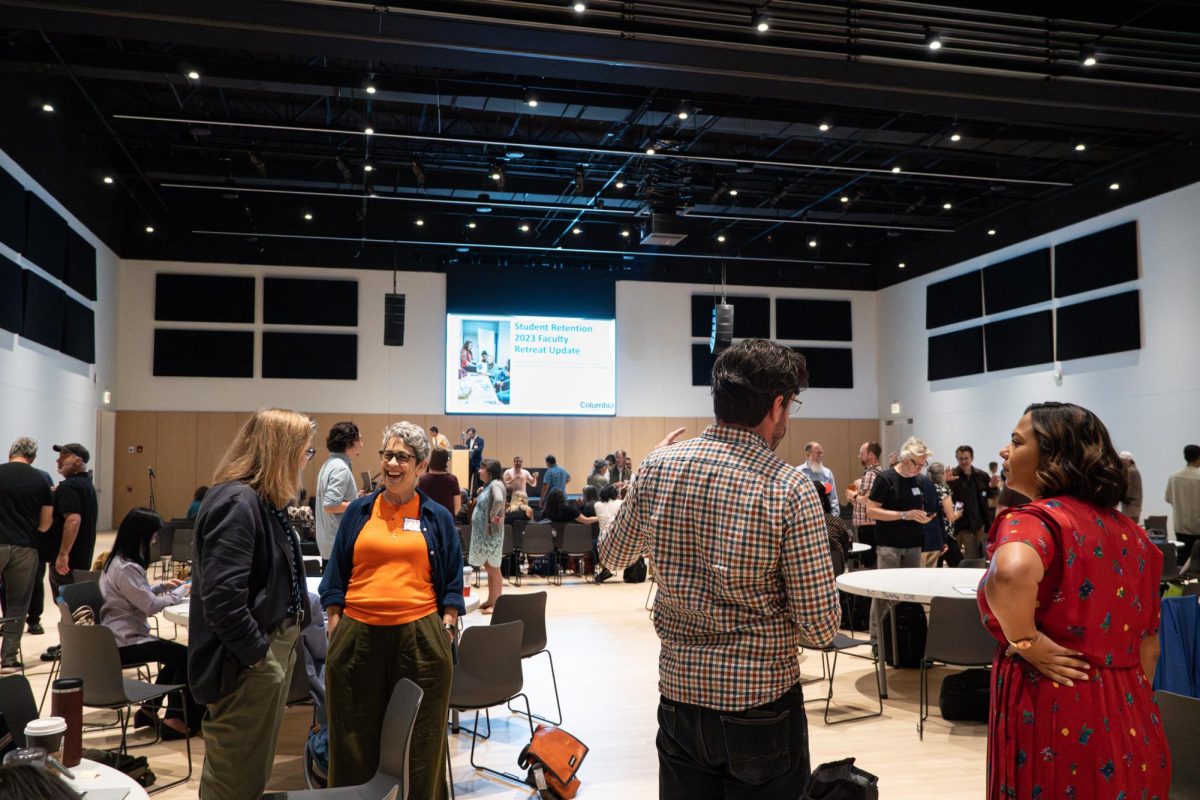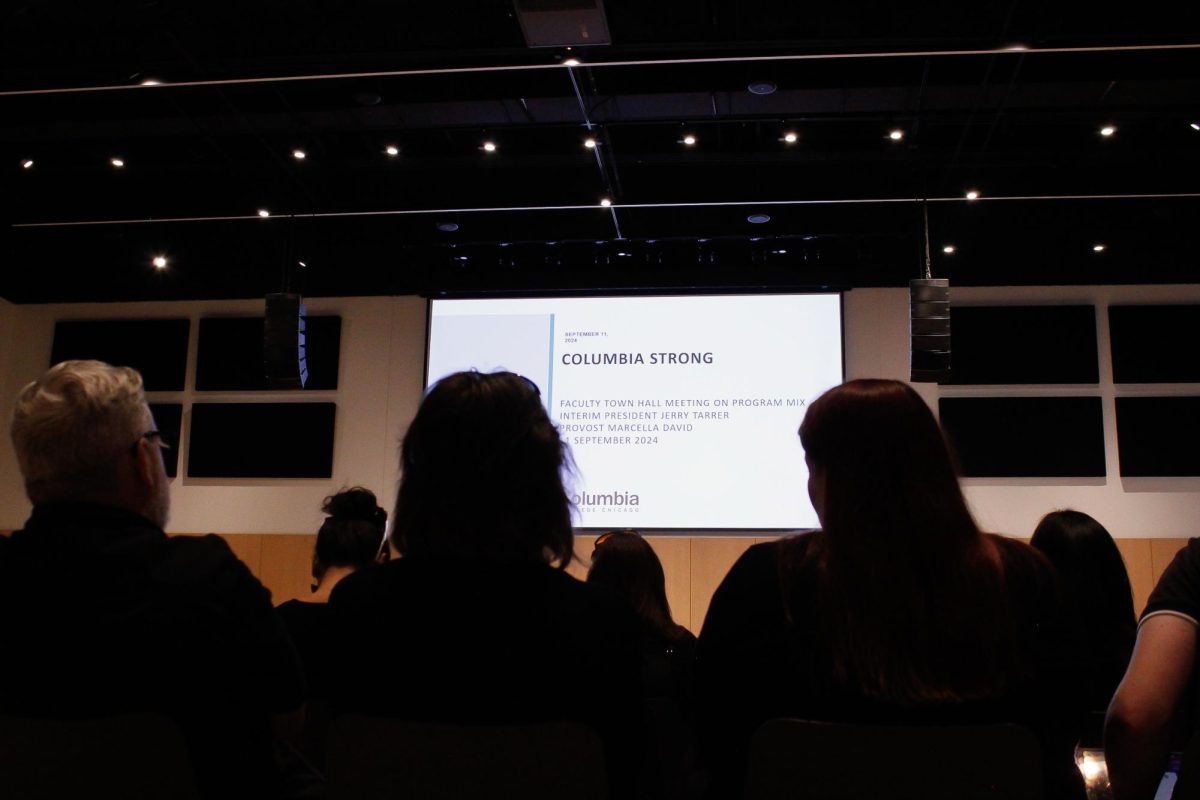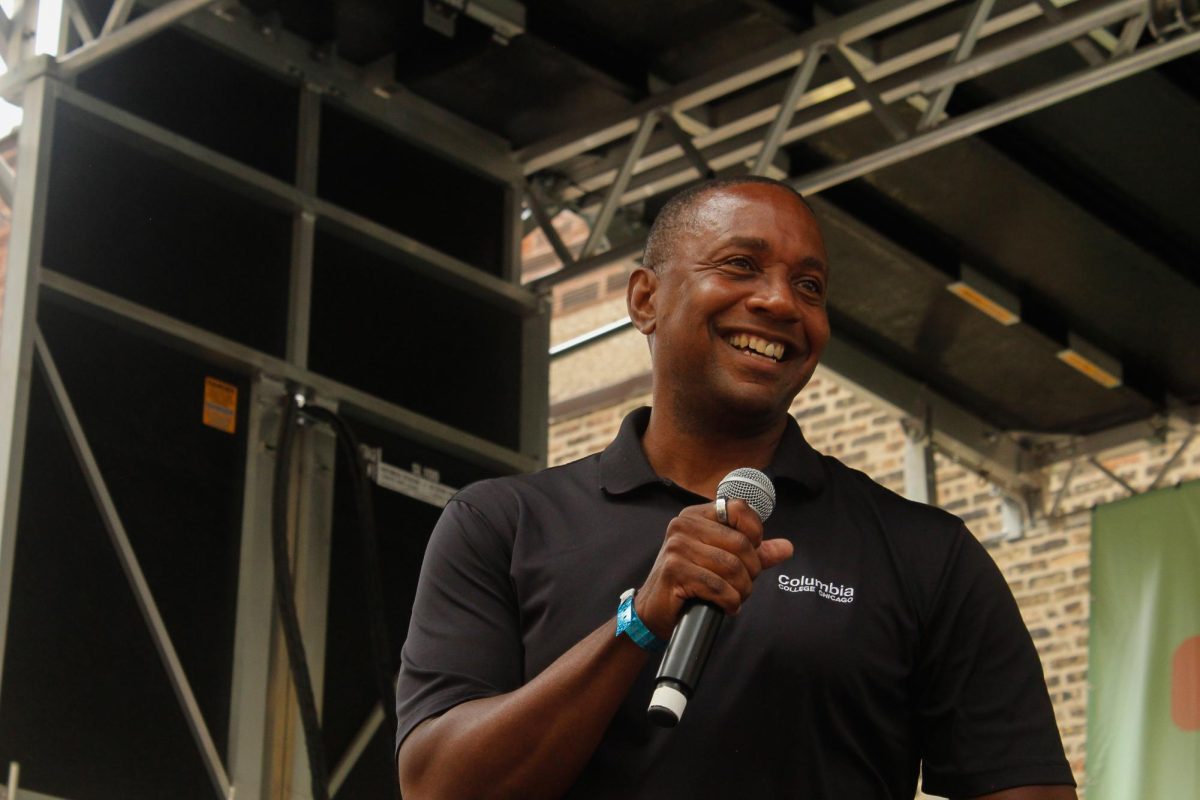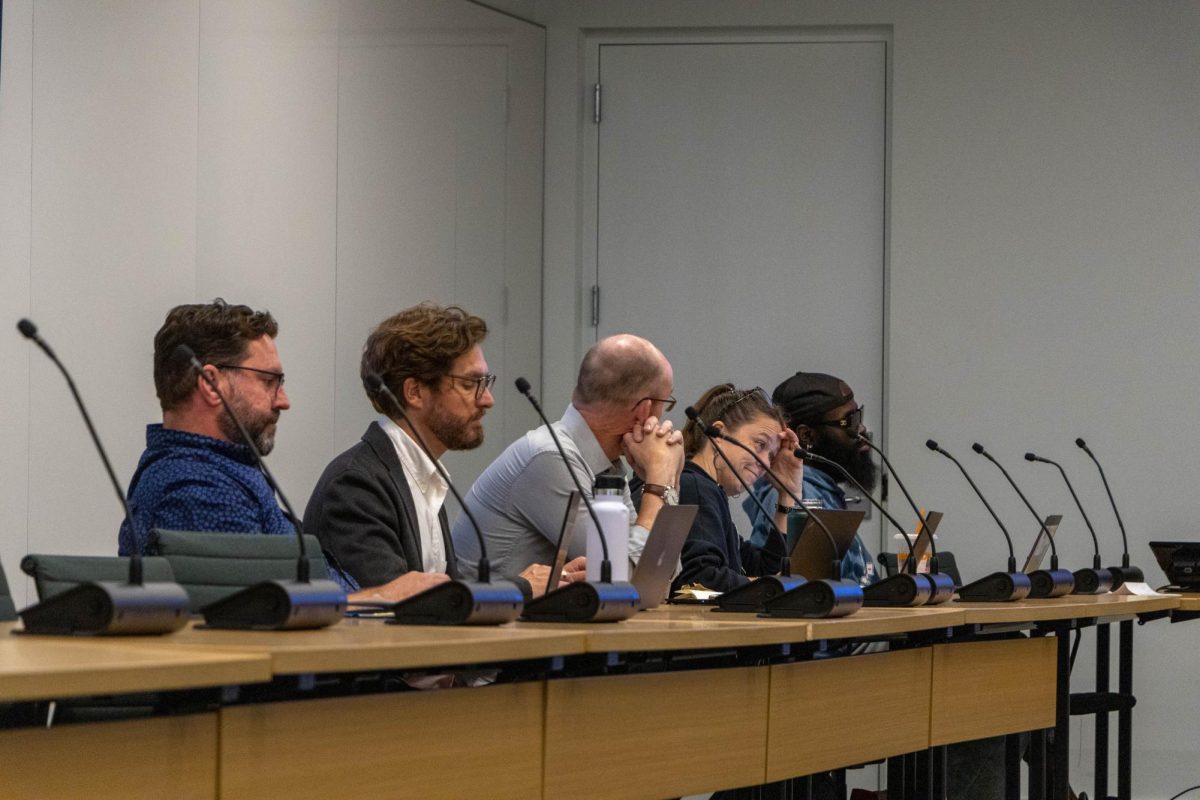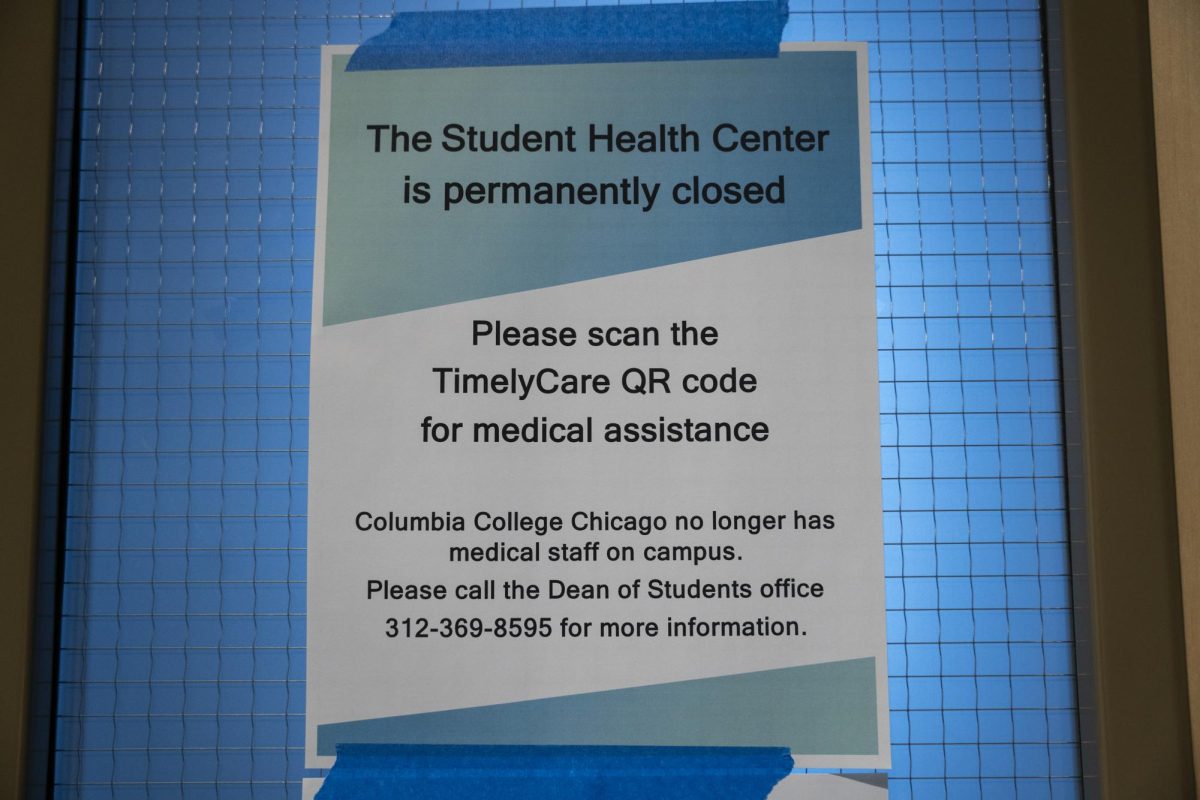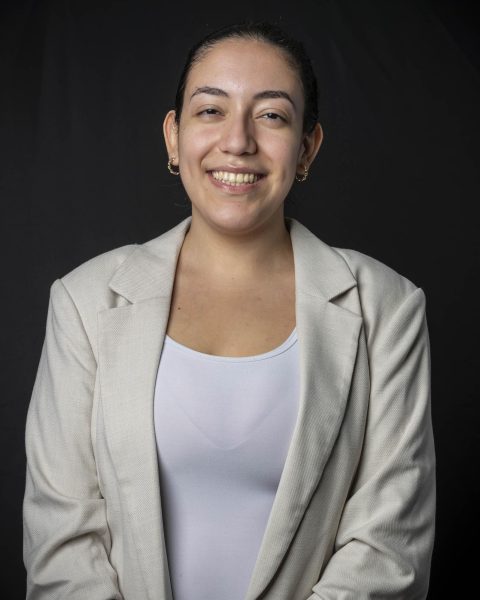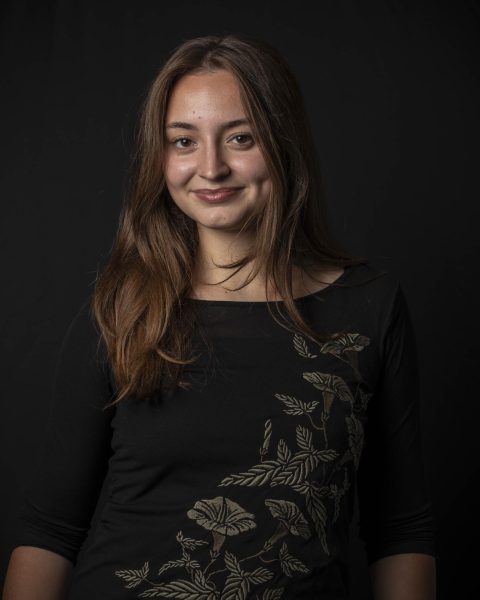This story has been updated.
Members of the Faculty Senate are pushing to have a bigger role in the way the college is making decisions to address its financial deficit.
During the first senate meeting of the new school year, which was held Friday, Aug. 18, on Zoom, senators said they felt excluded from the important conversations that are currently happening around the budget, including how the college is planning to achieve what it calls “operational efficiencies.”
Senate President Madhurima Chakraborty told faculty members at the meeting that only she and Vice President Rojhat Avsar are part of a working group of senior leaders who are discussing various financial models and scenarios. Both were asked to keep what is being discussed confidential, which they agreed to do.
The purpose of the committee, which is led by Senior Associate Provost Nathan Bakkum, also an associate music professor, is to use data and other pieces of evidence to model the financial consequences of various scenarios, said Chakraborty, an associate professor in the English and Creative Writing Department.
She said having only two members of the Senate leadership involved in the discussion limits the perspective of faculty who are increasingly “detached” and feeling “alienated.”
“Full time faculty is a body that’s over 200-something members,” she said. Faculty Senate “is maybe like a tenth of that. Rojhat and I are just two members, so we’re literally like 1% of the entire faculty body. We understand with great humility that our perspectives will necessarily be limited right now.”
On Wednesday, Provost Marcella David told faculty at an annual back-to-school meeting that the college plans to lower its enrollment targets and could become a smaller school.
David told the Chronicle that no decisions had been made yet about what programs, if any, might be impacted. But she said, “faculty and students would be at the table when those conversations happen.”
Ted Hardin, secretary of Faculty Senate and associate professor in the Cinema and Television Arts Department, said faculty definitely need to be involved.
“There is no other more important time to be a faculty senator, certainly, but a citizen of a college is an engaged one,” he said.
David Gerding, associate professor in the Interactive Arts and Media Department, said he is anxious but also hopeful, particularly after the previous two days of hearing from campus leaders like Brian Marth, associate provost for academic services.
“I suspect that there’s gonna be a lot of hard times ahead,” he said. But like Marth, “the reason I’m still here is because I keep meeting wonderful new faculty. I keep finding amazing new students. And I keep getting emails back and social media connections back from alumni who tell me that I’ve impacted their life.”


